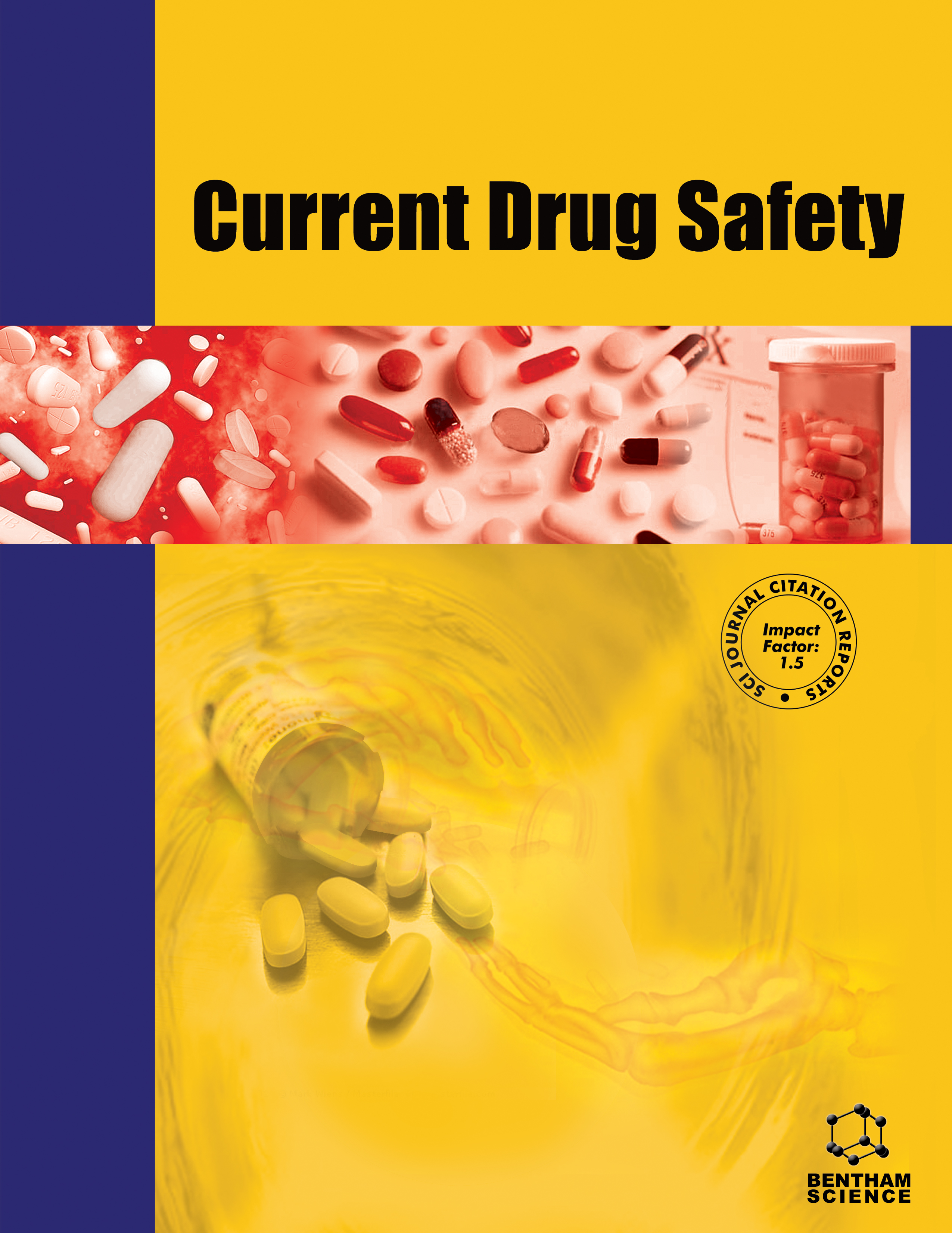
Full text loading...

Biosimilars, a class of biologic medications that are highly similar to reference biologics, have emerged as cost-effective alternatives to their expensive originator counterparts. Due to their complex nature and manufacturing processes, biosimilars differ significantly from small molecule generics and must undergo a rigorous assessment to ensure safety, efficacy, and accessibility. This review explores the regulatory landscape surrounding biosimilars across key markets such as the United States, Europe, and India, with a focus on approval processes and post-marketing pharmacovigilance for patient safety.
The study conducted a detailed review of regulatory guidelines, approval frameworks, and post-marketing requirements for biosimilars across various countries. Data was collected from official sources such as the European Medicines Agency (EMA), the United States Food and Drug Administration (FDA), and relevant Indian regulatory bodies. The research also analysed guidelines focusing on pharmacovigilance practices, particularly for vulnerable populations like paediatric and geriatric patients.
The analysis found that while regulatory agencies such as the EMA and FDA have established stringent biosimilar approval pathways, India's regulatory framework, though promising, still lacks comprehensive pharmacovigilance guidelines. The harmonization of global biosimilar guidelines has contributed to their widespread adoption in new therapeutic areas and emerging markets, driving market expansion. The study highlights the importance of post-marketing monitoring to ensure continued safety, with particular emphasis on vulnerable populations.
The regulatory landscape for biosimilars is evolving, with increasing global collaboration fostering the harmonization of guidelines. Regulatory agencies such as the European Medicines Agency (EMA) and the United States Food and Drug Administration (FDA) have established rigorous approval frameworks, ensuring biosimilars meet the necessary standards for safety and efficacy. In emerging markets like India, the biosimilar sector is poised for significant growth, though the regulatory framework is still maturing. Strengthening regulatory infrastructure, particularly in areas such as approval processes and quality control, will be crucial in supporting this expansion. The review emphasizes the importance of robust and clear regulations to facilitate the safe and effective integration of biosimilars into global healthcare systems, ensuring greater accessibility for patients without compromising on quality.